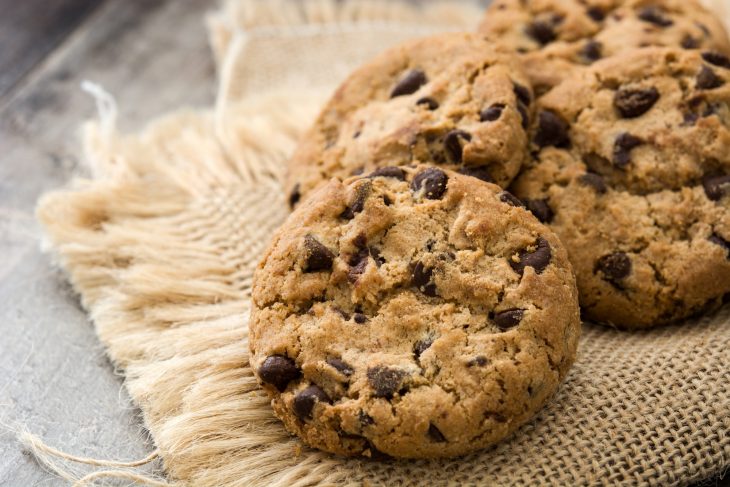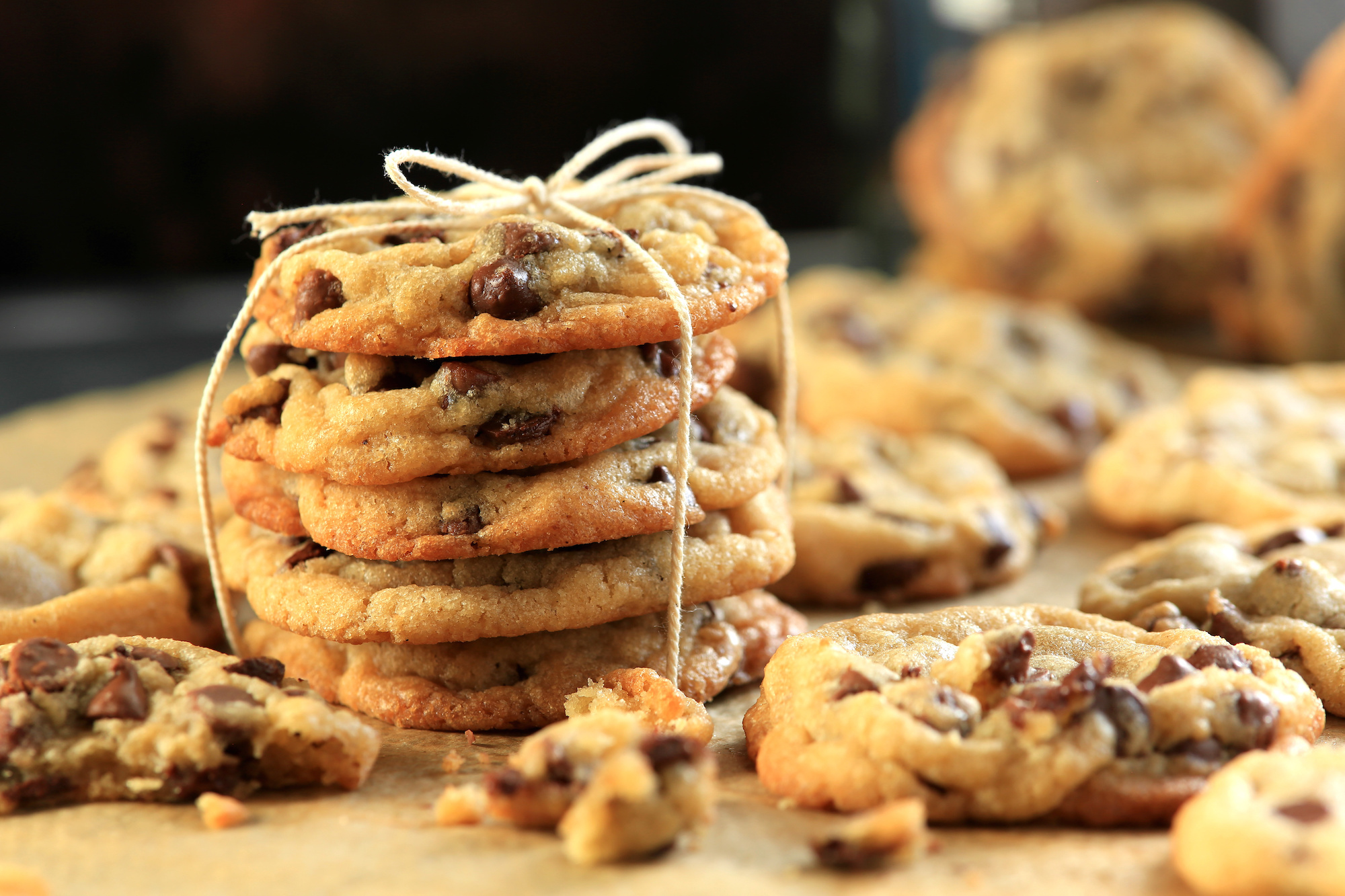
Who can resist the allure of a freshly baked batch of chocolate chip cookies? These sweet treats have become an iconic dessert loved by people of all ages. The combination of rich chocolate and buttery cookie dough creates a heavenly indulgence that is hard to resist. But have you ever wondered about the nutritional profile of these delectable delights? In this article, we will explore the nutrition facts of chocolate chip cookies, their ingredients, and answer some frequently asked questions about these beloved treats.
Serving Size
The standard serving size for chocolate chip cookies is typically one cookie, which weighs around 30 grams.

Calories
On average, one chocolate chip cookie contains approximately 150 to 200 calories. The calorie content can vary based on the size and specific ingredients used in the recipe.
Carbohydrates
Chocolate chip cookies are primarily composed of carbohydrates. A single cookie can provide around 20 to 25 grams of carbohydrates. These carbs come from sources like flour, sugar, and chocolate chips.
Fat
Fat content in chocolate chip cookies comes from ingredients like butter or margarine and the chocolate chips. A single cookie may contain around 8 to 10 grams of fat.
Protein
While chocolate chip cookies are not a significant source of protein, they do provide a small amount. A single cookie typically contains around 1 to 2 grams of protein.
Sugar
Due to the presence of sugar in the dough and chocolate chips, chocolate chip cookies are moderately high in sugar. One cookie may contain approximately 8 to 12 grams of sugar.
Fiber
Chocolate chip cookies are generally low in fiber. A single cookie may provide less than 1 gram of fiber.
Micronutrients
Chocolate chip cookies are not a significant source of vitamins and minerals. However, small amounts of calcium, iron, and potassium can be found due to the inclusion of ingredients like butter and chocolate.
Use Whole Wheat Flour
Substitute a portion of all-purpose flour with whole wheat flour to add fiber and nutrients to the cookies.
Reduce Sugar
Decrease the amount of sugar in the recipe or experiment with natural sweeteners like honey or maple syrup. You can also use sugar substitutes for a lower-calorie option.
Choose Dark Chocolate
Opt for dark chocolate chips with a higher cocoa content. Dark chocolate is rich in antioxidants and generally contains less sugar than milk chocolate.
Additions and Variations
While the classic chocolate chip cookie recipe consists of flour, sugar, butter, and chocolate chips, there are endless variations and additions you can explore. Nuts like walnuts or pecans add crunch and additional nutrients, while oatmeal contributes to a heartier texture and boosts fiber content. Get creative and experiment with different ingredients to tailor your cookies to your taste and nutritional preferences.

Control Portion Sizes
Bake smaller cookies or use portion control techniques to enjoy the cookies in moderation.
Conclusion
Chocolate chip cookies are a delightful treat that brings joy to many. While they may not be the healthiest option, understanding their nutritional facts and ingredients can help you make informed choices and enjoy them in moderation. Remember to be mindful of portion sizes, consider homemade alternatives for more control over ingredients, and maintain a balanced diet and active lifestyle. So go ahead and indulge in a chocolate chip cookie, savoring each bite and relishing the simple pleasure it brings.
Frequently Asked Questions (FAQs)
Can I use alternative flours like almond flour or coconut flour in chocolate chip cookies?
Yes, you can experiment with alternative flours to make gluten-free or grain-free chocolate chip cookies. However, note that the texture and taste may vary compared to traditional recipes.
Can I use margarine instead of butter in chocolate chip cookies?
Yes, you can use margarine as a substitute for butter in chocolate chip cookies. Keep in mind that it may affect the flavor and texture slightly.
Can I freeze chocolate chip cookie dough?
Yes, you can freeze chocolate chip cookie dough for later use. Form the dough into individual cookie balls and freeze them on a baking sheet. Once frozen, transfer the cookie dough balls to a freezer bag or airtight container. When ready to bake, simply place the frozen dough balls on a baking sheet and bake as directed, adding a few extra minutes to the baking time.
How long do chocolate chip cookies stay fresh?
Freshly baked chocolate chip cookies can be stored in an airtight container at room temperature for up to 3 to 4 days. You can also extend their shelf life by storing them in the refrigerator or freezer.
Can I customize the ingredients in chocolate chip cookies?
Absolutely! Chocolate chip cookies are versatile, and you can customize them to your liking. You can add ingredients like nuts, dried fruits, or even shredded coconut for added flavor and texture.
Was this page helpful?
Our commitment to delivering trustworthy and engaging content is at the heart of what we do. Each fact on our site is contributed by real users like you, bringing a wealth of diverse insights and information. To ensure the highest standards of accuracy and reliability, our dedicated editors meticulously review each submission. This process guarantees that the facts we share are not only fascinating but also credible. Trust in our commitment to quality and authenticity as you explore and learn with us.
